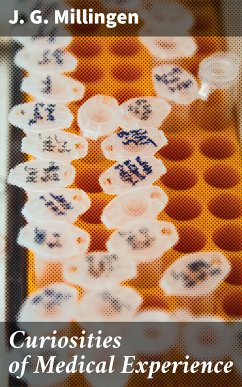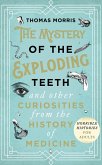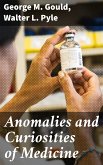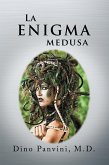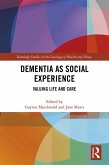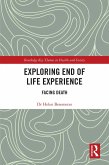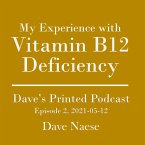In "Curiosities of Medical Experience," J. G. Millingen embarks on a captivating exploration of the peculiarities and anomalies within the medical field, presenting a collection of accounts that blend empirical observation with anecdotal evidence. Utilizing a descriptive yet accessible literary style reminiscent of early Victorian narratives, Millingen deftly intertwines scientific inquiry with rich storytelling, offering insights into the human condition as revealed through medical phenomena. The book serves as a reflection of its time, capturing the burgeoning interest in experimental medicine and the ethical quandaries that arose alongside emerging medical practices. J. G. Millingen, a distinguished physician and surgeon in the 19th century, drew from a wealth of clinical experience and personal curiosity, leading him to document the often-overlooked eccentricities of medical cases. His unique background, including his work in diverse settings and his exposure to a variety of medical practices, shaped his understanding of the complexities of healing and the unpredictability of human health. Millingen's enlightened perspective represents a pivotal moment in medical literature, bridging the gap between the anecdotal and the clinical. I highly recommend "Curiosities of Medical Experience" to both scholars and lay readers alike. It invites readers to engage with the fascinating outline of human experiences in medicine, fostering a greater appreciation for the intricacies of health. Millingen's blend of vivid narrative and insightful commentary presents a delightful journey through the paradoxes of medical practice, making it an essential read for anyone intrigued by the marvels and mysteries of medicine.
Dieser Download kann aus rechtlichen Gründen nur mit Rechnungsadresse in A, B, BG, CY, CZ, D, DK, EW, E, FIN, F, GR, H, IRL, I, LT, L, LR, M, NL, PL, P, R, S, SLO, SK ausgeliefert werden.
Hinweis: Dieser Artikel kann nur an eine deutsche Lieferadresse ausgeliefert werden.

